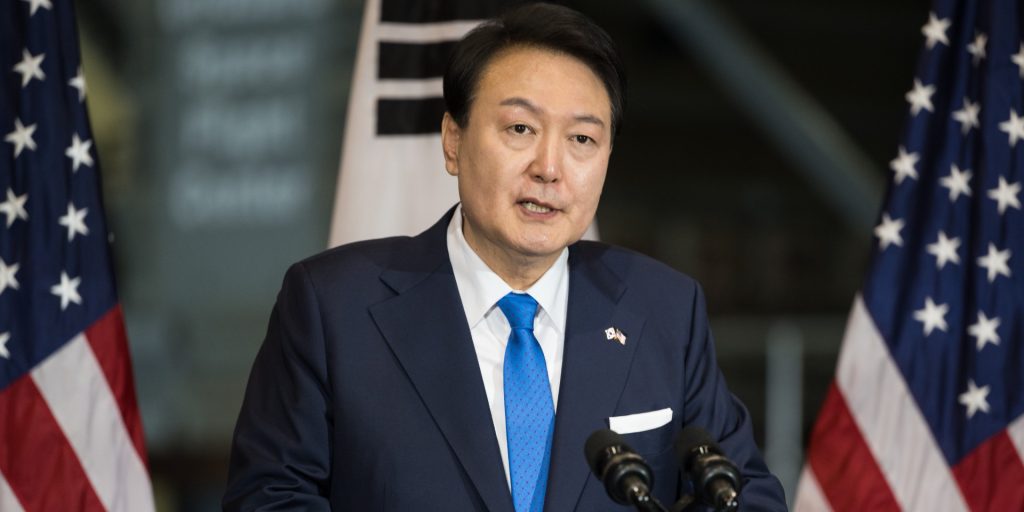The charges stem from Yoon’s failed attempt to impose martial law
Others are reading now
South Korea has made headlines worldwide as an arrest warrant was issued for suspended President Yoon Suk Yeol on charges of rebellion.
The development, described as unprecedented, follows a dramatic series of events that have left the country in political turmoil, according to Ziare.
The warrant was issued by South Korea’s High-Ranking Officials’ Corruption Investigation Office on December 31, marking the first time a sitting president has faced such legal action in the nation’s history.
Also read
Protect From ‘Communist Forces’
Yoon Suk Yeol remains officially in office despite being suspended following his impeachment earlier this month. The country’s Constitutional Court is yet to decide whether his impeachment will be upheld or overturned.
The charges stem from Yoon’s failed attempt to impose martial law and use military force to remove members of parliament on December 3.
According to a prosecution report, the president had authorized troops to break into parliament and forcibly remove lawmakers opposing his government.
Yoon claimed the measures were necessary to protect South Korea from “communist forces” and “hostile elements” but was forced to backtrack within hours due to public outcry and opposition resistance.
The warrant also follows Yoon’s repeated refusal to comply with investigators.
He had ignored three summonses to answer questions about his actions, prompting authorities to escalate the matter.
Officials have stated that the arrest warrant is valid until January 6, with plans to detain Yoon at a police station or detention center in Seoul if he continues to evade the investigation.
Public reaction to the arrest warrant has been polarized. Hundreds of protesters, including many of Yoon’s supporters, gathered outside his residence, waving South Korean and U.S. flags while chanting in his defense.
His legal team has called the warrant “illegal and invalid,” while his security detail has reportedly obstructed prior attempts to execute searches.
The crisis has further destabilized the country, which remains in a state of political uncertainty.
The interim government, led by Finance Minister Choi Sang-mok, has faced additional challenges, including a devastating plane crash on December 29, making this one of the most tumultuous periods in South Korea’s recent history.


